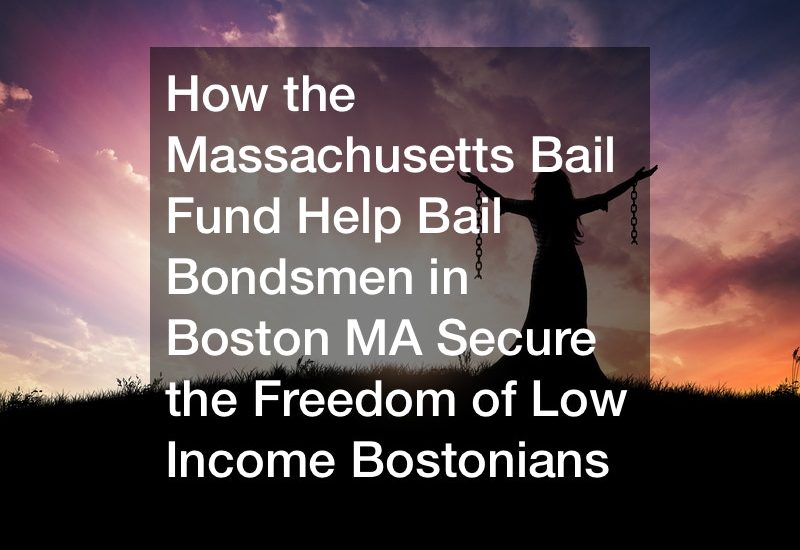An attorney for child custody may seek a bail court hearing for anyone in custody for child abduction or custodial interfering.
What exactly is the Bail Bond Process?
Bail bonds are a option to pay bail with no needing to make the payment in cash. As an example, in the event that an judge has set bail to $5,000, the person who is convicted may not be able to pay cash. The defendant would have a few options:
Post property in lieu of cash. Some courts will consider the deed of title deed or title of a car as collateral.
Make a credit card.
Employ a bail bondsman who is professional.
A bail bond agent is licensed by the government and has the backing of a company called a surety. The term “surety” is an alternative term for an insurance company but it does provide home or auto insurance policies. The company insures bail bonds.
A bail bondsman informs the court that he will never post cash in lieu of. The bail bondsman offers the promise, also known as the “bond”. It states the obligation to show for court appearances and, if you do not, the bail bondsman will pay for your bail or send you back to the jail.
Imagine a judge has set your bail at $5,000 and you employ an agent who can make your bail. The agent will sign an agreement with the court and the jail releases you to the custody of the agent. You will need to give $5,000 or have someone else be sent to you to catch you, and then bring you back to jail if you fail to appear on any court date.
Problems are encountered with the Bail Process
Problems can arise in the bail process for defendants who are poor, homeless, mentally ill, or who suffer from substance abuse. Bail is considered a crime to these individuals. It means that any person with enough money to cover the cost of a bail bondman is able to be released from jail for a period of time until they are tried. Only those with enough funds to pay for a bail bondsman service can be released from prison until the day of the trial. pqd29g3q4l.
